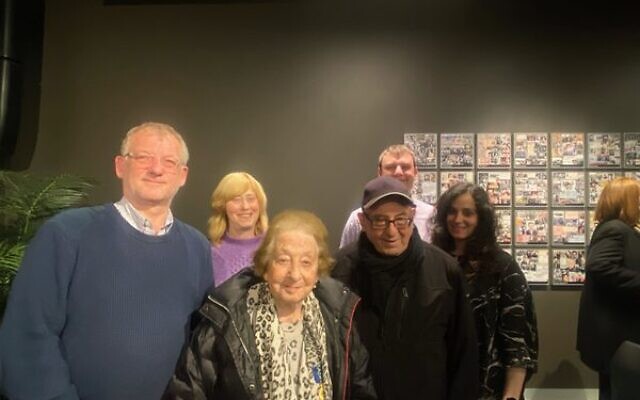‘The jewel in the Jewish cultural world’
“When the Germans stormed the ghetto and ordered everyone to leave that was the end of Jewish life in Bialystok.”
The Melbourne Holocaust Museum was the setting for the commemoration of the 80th anniversary of the Bialystok Ghetto Uprising.
One of the event organisers Malka Lawrence said, “Our promise is to remember their courage, spirit and their message: We are here!
“The importance of these commemorations with the links to the past makes us the people we are today.”
The second and third generations of Bialystokers, many of whom spoke and sang, honoured the memory of their parents, grandparents and family members who died in the Holocaust.

Tribute candles were lit by Helen Granek, Michael and Jeff Warren, Harry Lew, Deb Peker, Susy Suss and Adam Gordon, Rebecca Forgasz and Shane Shmuel and his mother.
Harry Mainzer recited El Male Rachamim and Kaddish.
Helen Granek was nine years old when the uprising started. She shared her memories, experiences and her story of survival.
“Bialystok was the jewel in the Jewish cultural world with a large Jewish population…a lovely and vibrant city,” Granek said.
“When the Germans stormed the ghetto and ordered everyone to leave that was the end of Jewish life in Bialystok.”
Sefa Burston read her mother’s poem, How many are no longer here.
Luba Goldberg was a partisan during the uprising and her granddaughter Fiona Kelmann sang From the Ghetto to the Forest of Bialystok.


comments